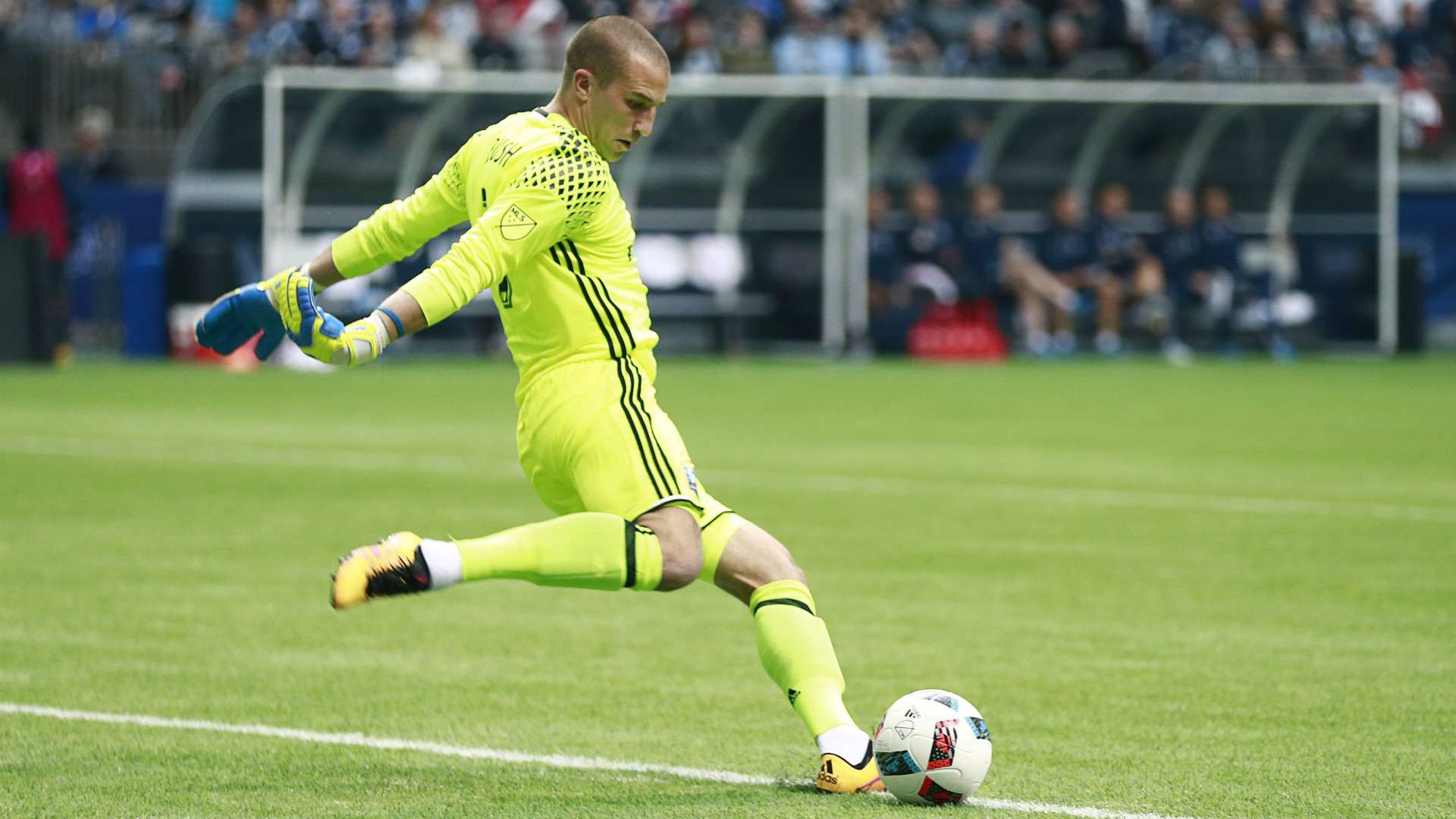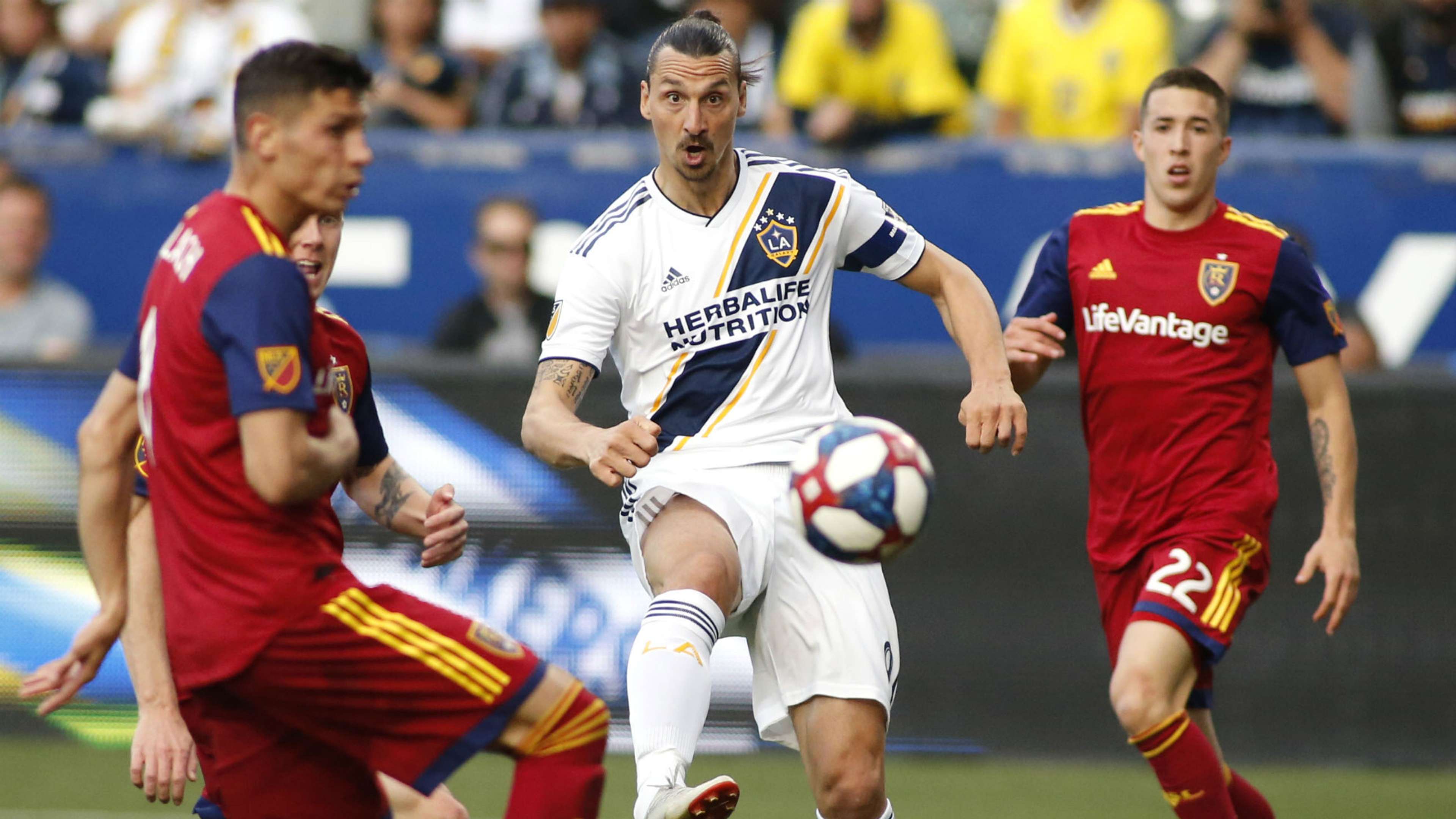Players in MLS have an unusual issue that they are ready to do battle with the league over - they are unhappy with the travel rules that are currently in place.
Regulations laid down by MLS mean that teams are not allowed to charter flights for any more than four legs of journeys over the season. This means that there are effectively two matches they can travel privately for, as the inbound and outbound flights each count as one leg – a paltry number given the travelling commitments for teams over a season that will stretch to at least 34 matches.
This reliance on commercial flights might have cost the Montreal Impact earlier this season when they faced the New England Revolution away from home. A disastrous travel experience meant they arrived in Foxborough just hours before the game.
“Honestly it’s a joke,” said Montreal goalkeeper Evan Bush, the club’s MLS Players Association representative. “You can talk to anybody from the administration to the players and the coaches, the way that the last 24 hours happened should never have happened. The powers that be know how we feel about it.
“It became a player safety issue. It’s not just a matter of inconvenience for us. We’re lucky that we didn't have guys get injured today because of the way their bodies were treated the last 24 hours.”
The Impact tried to have the game rescheduled but the club was knocked back by the league.
“The people that can make the decisions didn’t want to change anything. I won’t point fingers necessarily, but something needs to be done,” Bush said. “The Players Association is aware of it. I understand that there are certain things that they can’t do. But when it comes to player safety, when it comes to the assets of the league - and the players are the assets of the league - they need to do better.”

The Philadelphia Union’s Alejandro Bedoya, who has experience of playing European football with Rangers in Scotland and Nantes in France as well as Orebro and Helsingborgs in Sweden, also made his voice heard recently after a match in Canada.
“Should’ve flown out of Vancouver last night after early kickoff. Instead, we wake up at 4:45 am, spend all day in airports (connect in Toronto) & on airplanes w/ no legroom cross country, and just finally landed back in Philly. What a great recovery day!” he grumbled on Twitter.
When asked about his Tweet, he told reporters: “For me, it’s just so frustrating. This is not a Philly issue, this is a league-wide issue. I’m speaking on behalf of all the players in the league. I put that out there and I got messages from players on all different teams laughing with me and telling me I’m so right.”
It is an issue being treated in an increasingly serious manner, as Bob Foose, the executive director of the MLS Player Association explained to The Guardian: “There isn’t a single player in MLS who doesn’t think the league should do better when it comes to charter flights and travel.
“We view charter flights the same way that we view top-level training facilities, which are not typically a CBA issue. If the league truly aspire to become a league of choice, it must eliminate most, if not all, commercial flights for players.”
Cost is one of the main headaches considered by the MLS with regards charter flights and private jets, although the league, who also see the restriction on charter flights as levelling the playing field, has tried to mitigate the burden of travel in its own way.
“Look at what we have done with our schedule so that when people travel across the country we try and have them play more than one game so that the travel is minimised as a result of that,” Mark Abbott, the president of the MLS, has said. “You now play more games against your regional rivals or clubs in your conference which also minimises travel.”
Players argue, though, that allowing more charter flights would be an investment in the product as they would be in better condition to play road matches than they are at present, when they may need to make connections or even a layover.
From the League's perspective, though, there is a trade-off between the expense of flights and wages it can afford to pay its players.
“The question is what’s the right balance between investment in player compensation and investment in charter travel?” Abbott added.
With the collective bargaining agreement set to be negotiated in 2020, this is set to be a hot topic and it is expected that the chains on charter flights will be loosened somewhat.
As such, if you’re sat next to Zlatan Ibrahimovic on his way back from a match with the LA Galaxy in economy, make the most of it. Time is likely running out on such a practice.
